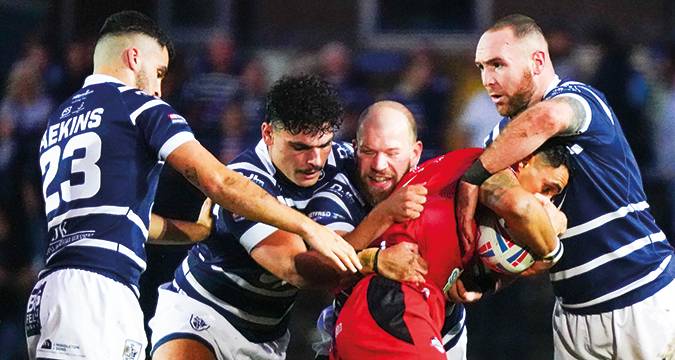 WHAT now for Featherstone Rovers?
As the dust settles on yet another season with dashed dreams of finally making Super League, the West Yorkshire club will be taking stock as they contemplate yet another Championship campaign - and how their future looks under IMG's club-grading system.
Whether their bid to reclaim the top-flight spot last he
WHAT now for Featherstone Rovers?
As the dust settles on yet another season with dashed dreams of finally making Super League, the West Yorkshire club will be taking stock as they contemplate yet another Championship campaign - and how their future looks under IMG's club-grading system.
Whether their bid to reclaim the top-flight spot last he Championship Focus: Will Featherstone Rovers ever make it to Super League?
 WHAT now for Featherstone Rovers?
As the dust settles on yet another season with dashed dreams of finally making Super League, the West Yorkshire club will be taking stock as they contemplate yet another Championship campaign - and how their future looks under IMG's club-grading system.
Whether their bid to reclaim the top-flight spot last he
WHAT now for Featherstone Rovers?
As the dust settles on yet another season with dashed dreams of finally making Super League, the West Yorkshire club will be taking stock as they contemplate yet another Championship campaign - and how their future looks under IMG's club-grading system.
Whether their bid to reclaim the top-flight spot last he 